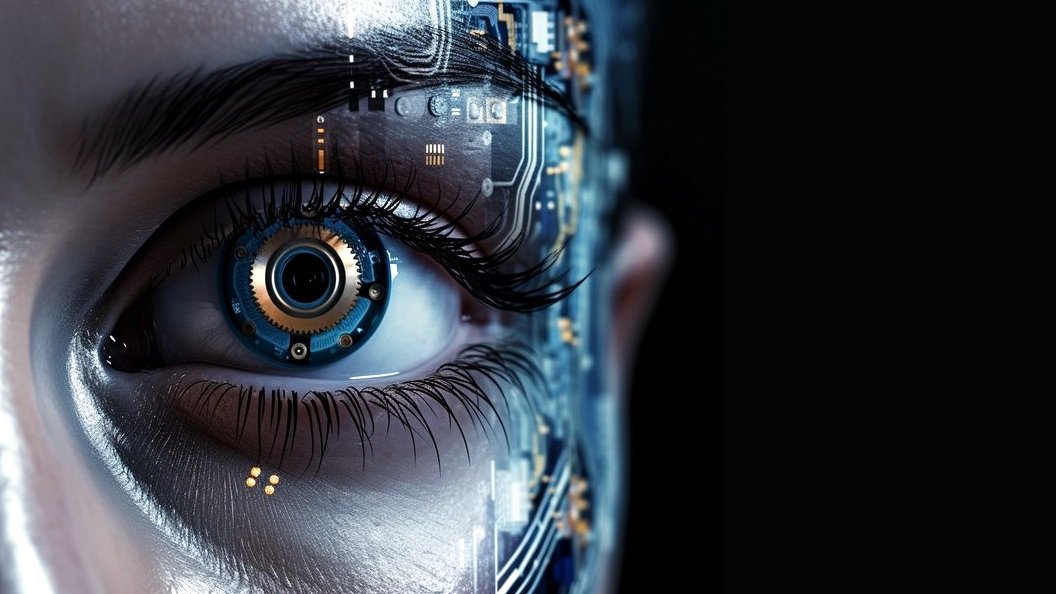With the rise of AI writing tools like ChatGPT, GPT-4, and Bard, distinguishing between human-written and AI-generated content has become increasingly challenging. Whether you’re a content creator, educator, or business owner, knowing how to spot AI-generated text is crucial for fact-checking, maintaining originality, and avoiding plagiarism.
In this guide, we’ll explore effective methods, AI detection tools, and manual techniques to help you identify AI-generated content.
1. Why Detect AI-Generated Content?
✅ Academic Integrity – Prevents students from submitting AI-written essays.
✅ SEO & Plagiarism Concerns – Google penalizes low-quality AI spam content.
✅ Misinformation Control – AI can generate misleading or false information.
✅ Content Authenticity – Ensures original and human-generated writing.
🔹 Many businesses use AI to generate articles, but Google favors high-quality, human-reviewed content.
2. Manual Methods to Identify AI-Generated Content
A. Overuse of Perfect Grammar & Structure
AI-generated text often has flawless grammar, consistent sentence length, and predictable structure.
🔹 Example: AI rarely makes typos or grammatical mistakes like a human writer.
B. Repetitive Phrasing & Lack of Creativity
AI tends to repeat phrases and lacks the natural flow, storytelling, and personality of human writers.
🔹 Example: AI might use generic transitions like “Additionally,” “Furthermore,” or “In conclusion” repeatedly.
C. Lack of Personal Experience or Opinion
AI lacks personal stories, emotions, or firsthand experience.
🔹 Example: AI-generated product reviews often sound neutral and lack emotional depth.
D. Excessive Use of Factual Statements Without Sources
AI-generated text often includes generic facts but lacks credible sources or citations.
🔹 Example: A human writer would say:
❌ “AI-generated content is not detectable” (AI-generated).
✅ “According to OpenAI’s research, AI-generated content detection is improving” (Human-written).
3. AI Tools to Detect AI-Generated Content
Several tools analyze writing patterns, sentence structure, and probability scores to identify AI-generated content.
| AI Detection Tool | Features |
|---|---|
| GPTZero | Designed for educators to detect AI in student essays |
| OpenAI Text Classifier | Identifies AI-generated text with a probability score |
| Copyleaks AI Detector | Scans documents for AI-generated content |
| Originality.ai | AI content detection for SEO professionals |
| Hugging Face AI Detector | Open-source AI text classification |
🔹 Example: Paste the suspected text into GPTZero, and it will analyze its AI probability.
4. How to Verify AI-Generated Content?
Step 1: Run the Text Through Multiple AI Detectors
✅ Use two or more AI detectors for higher accuracy.
Step 2: Check for Repetitive or Robotic Writing Style
✅ If the text sounds too perfect or lacks human emotions, it may be AI-generated.
Step 3: Search for Plagiarism or AI-Generated Patterns
✅ AI sometimes reuses common phrases, making it easier to detect using plagiarism checkers.
Step 4: Ask for Clarification or Edits
✅ If the writer struggles to explain their work, it might indicate AI involvement.
5. Limitations of AI Detection Tools
🚨 False Positives – Some AI detectors incorrectly flag human-written content.
🚨 Evolving AI Models – Advanced AI tools are harder to detect.
🚨 Limited Accuracy – Most AI detection tools are only 60-90% accurate.
🔹 Solution: Combine manual checks + AI detection tools for best results.
Final Thoughts
As AI writing tools evolve, detecting AI-generated content is becoming more complex. While AI can assist in writing, human creativity, originality, and emotional depth remain unmatched.
Key Takeaways:
✅ Use manual techniques (check for robotic writing, lack of sources, repetitive phrases).
✅ Run texts through AI detection tools like GPTZero & Originality.ai.
✅ Combine human judgment + AI tools for best accuracy.
By staying ahead of AI advancements, content creators, educators, and businesses can ensure authenticity and originality in digital content. 🚀





